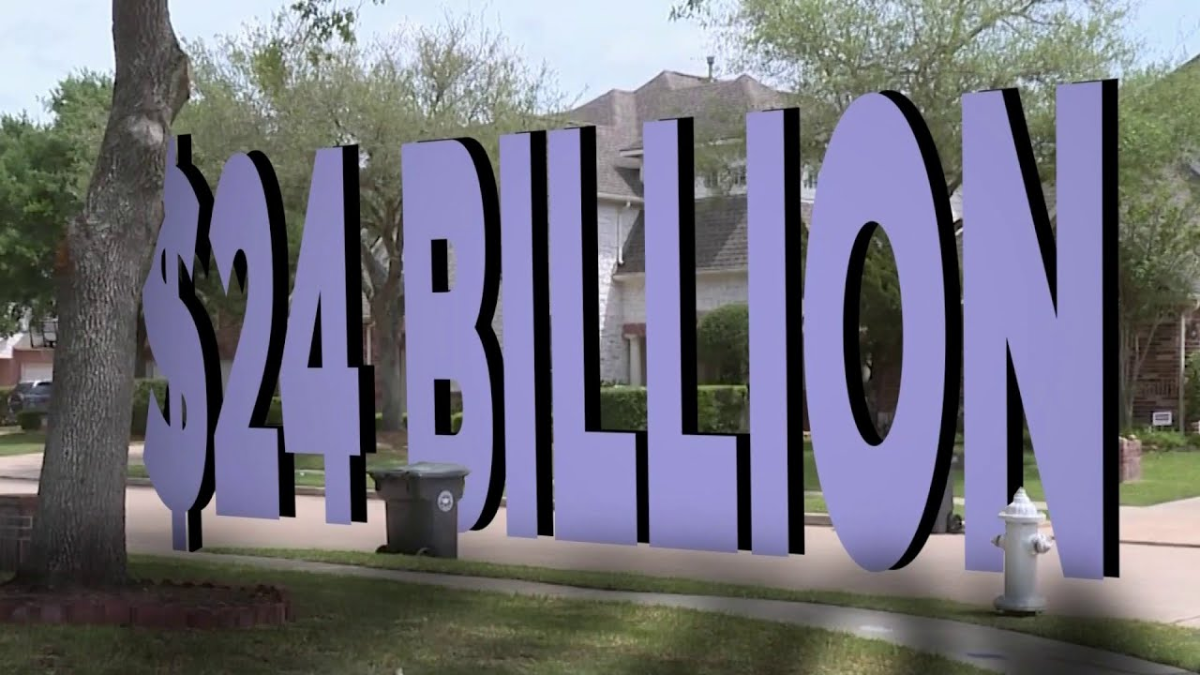Texas is facing renewed calls to eliminate its franchise tax as lawmakers and business leaders argue that the state’s $24 billion budget surplus presents a prime opportunity for tax relief. The franchise tax, often criticized as a burden on businesses, has long been a topic of debate, with many pushing for its repeal to foster economic growth and attract new investments.
Understanding the Texas Franchise Tax
The Texas franchise tax is a business tax imposed on companies operating in the state. Unlike traditional corporate income taxes, it is based on a business’s total revenue rather than net income. This means that even companies operating at a loss can still owe franchise tax, making it a controversial levy among small businesses and entrepreneurs.
The tax, officially known as the “margin tax,” applies to businesses with annual revenues exceeding $1.18 million. Rates vary depending on the type of business, with most entities paying around 0.375% to 0.75% of their taxable margin. While the tax was originally implemented to provide a stable revenue source, critics argue that it discourages business expansion and creates unnecessary financial strain.
Lawmakers and Business Leaders Push for Repeal
With Texas experiencing a record-breaking budget surplus, calls to eliminate the franchise tax have intensified. Many lawmakers, particularly from the Republican Party, believe that ending the tax would help businesses thrive and strengthen Texas’ reputation as a pro-business state.
State Senator Mayes Middleton (R-Galveston), a vocal advocate for franchise tax repeal, recently stated, “Texas has an unprecedented opportunity to eliminate a tax that hinders economic growth. With a $24 billion surplus, there is no justification for keeping this burdensome tax in place.”
Business leaders have echoed similar sentiments, arguing that the franchise tax disproportionately affects small and medium-sized enterprises (SMEs). The Texas Association of Business (TAB) has long called for its repeal, citing studies that show businesses relocating to Texas are often deterred by the tax.
Economic Impact of Eliminating the Franchise Tax
1. Boosting Business Growth
Eliminating the franchise tax would likely encourage more businesses to relocate to Texas, further strengthening the state’s economy. Texas has already been a top destination for companies moving from high-tax states like California and New York. Without the franchise tax, the Lone Star State could become even more attractive for entrepreneurs.
2. Supporting Small Businesses
Small businesses often struggle with the franchise tax, as it applies to revenue rather than profit. Removing this tax would provide relief for startups and small enterprises, allowing them to reinvest in growth, hire more employees, and expand operations.
3. Increasing Job Creation
With businesses saving money on taxes, many would have additional capital to invest in hiring. Experts predict that repealing the franchise tax could lead to significant job growth across various industries, particularly in the tech, manufacturing, and service sectors.
Opposition to Franchise Tax Repeal
Despite strong support for eliminating the tax, some lawmakers and economists caution against repealing it without a clear plan to replace the lost revenue. The franchise tax generates approximately $5 billion annually, contributing to essential public services such as education and infrastructure.
Critics argue that cutting the tax could create budget shortfalls in the future, particularly if Texas experiences economic downturns. Some Democratic lawmakers have proposed using the budget surplus for increased investments in schools, healthcare, and public safety rather than cutting taxes.
State Representative John Bryant (D-Dallas) voiced concerns, stating, “Using a temporary surplus to eliminate a stable revenue source is short-sighted. We need to ensure Texas has sustainable funding for critical services before making drastic tax cuts.”
Potential Alternatives to a Full Repeal
While some advocate for completely eliminating the franchise tax, others suggest modifying it to lessen the burden on businesses. Potential reforms include:
- Raising the Revenue Threshold – Increasing the $1.18 million revenue exemption could exempt more small businesses from paying the tax.
- Lowering the Tax Rate – Reducing the current rates could provide relief while maintaining some revenue for the state.
- Phased Elimination – Gradually reducing the tax over several years could help balance the budget impact.
Governor Greg Abbott and Lieutenant Governor Dan Patrick have both expressed interest in tax reform, though they have not confirmed whether a full repeal is on the legislative agenda.
What’s Next for the Texas Franchise Tax Debate?
With the Texas Legislature set to reconvene, franchise tax elimination is expected to be a major topic of discussion. Lawmakers on both sides will debate whether the $24 billion surplus justifies cutting the tax or if the funds should be allocated elsewhere.
The outcome of this debate could have long-lasting effects on Texas’ economy and business environment. As companies continue to migrate to the state, policymakers must weigh the benefits of tax cuts against the need for sustainable public funding.
Conclusion
The push to eliminate Texas’ franchise tax has gained momentum, fueled by the state’s massive budget surplus. Supporters argue that cutting the tax would boost economic growth, help small businesses, and attract new companies to Texas. However, opponents warn that repealing the tax without a plan to replace lost revenue could jeopardize public services.
As the debate unfolds, Texas lawmakers will need to determine whether franchise tax reform is the right path forward for the state’s economic future.
For more information on Texas tax policies and budget discussions, visit the Texas Comptroller’s Office.
Disclaimer – Our team has carefully fact-checked this article to make sure it’s accurate and free from any misinformation. We’re dedicated to keeping our content honest and reliable for our readers.








